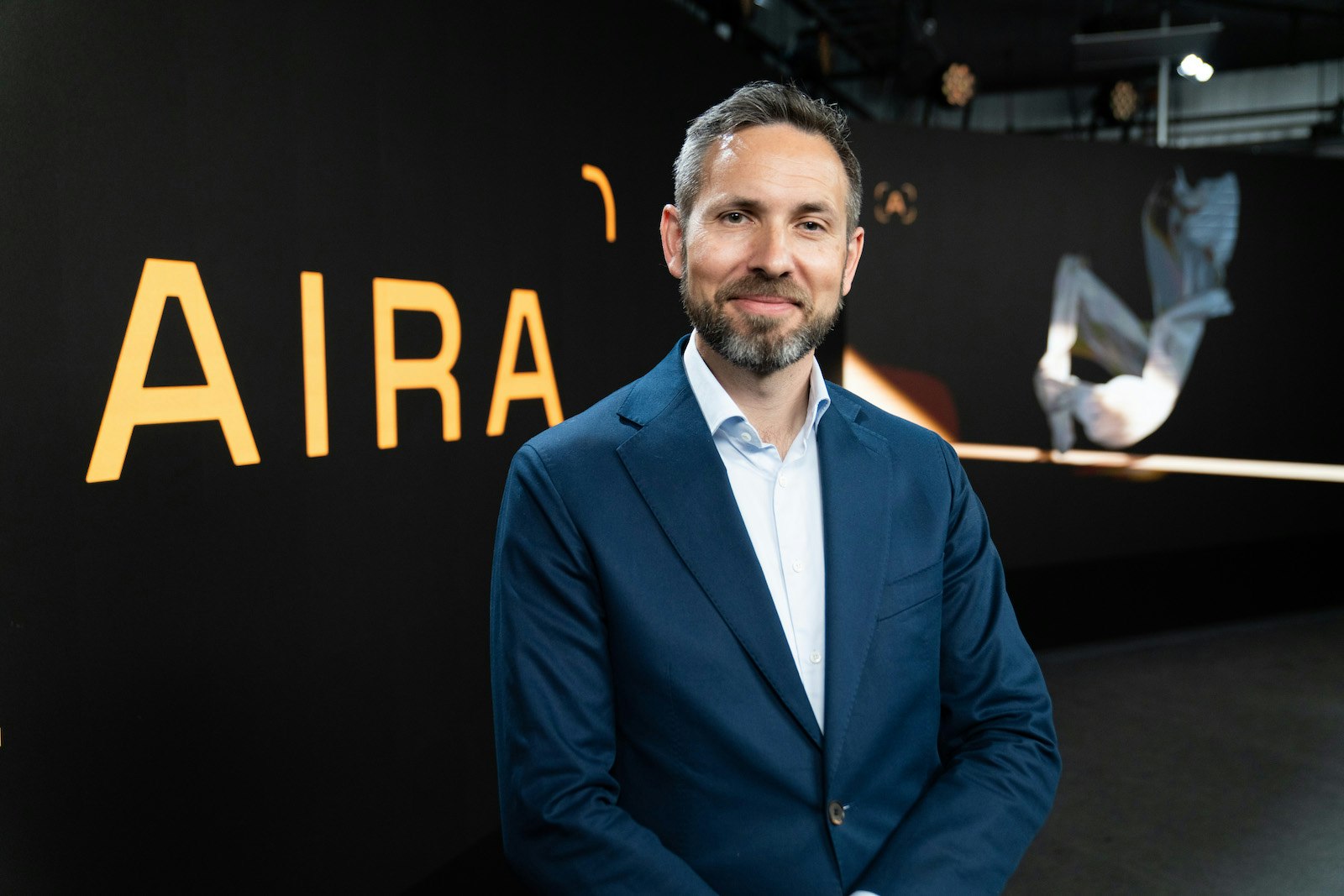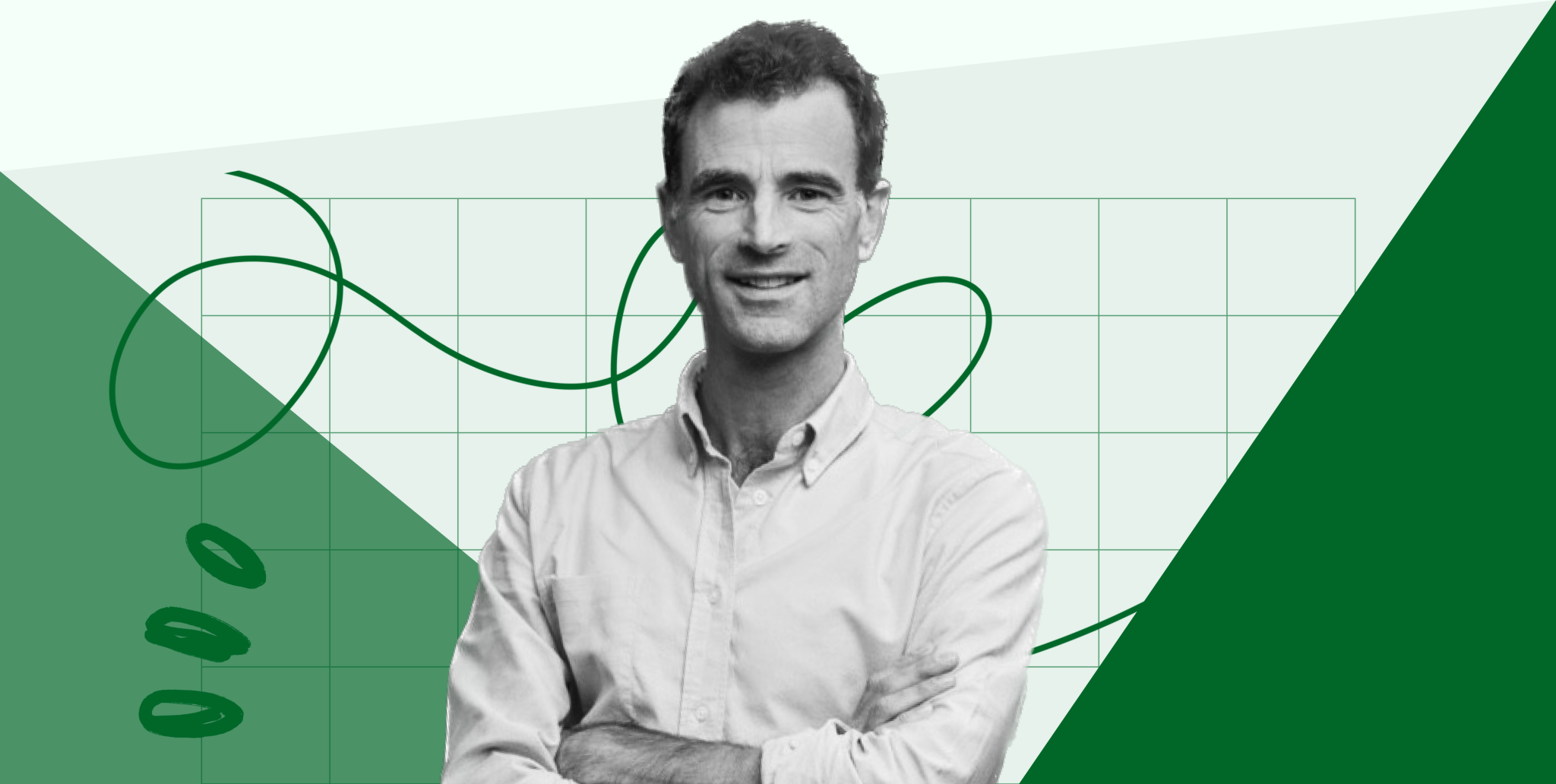Heidi Lindvall, Hampus Jakobsson and Joel Larsson have been puzzling over some difficult questions recently. Is lab-grown fish good for the environment? What are the pros and cons of container ships versus tankers? And where does the carbon stored in algae go when you eat it — can you shit carbon?
Their VC firm, Pale Blue Dot, invests in startups which have a positive climate impact — and they take that pretty seriously.
“We have to really figure these things out,” says Jakobsson. “We want to pick the people who will run the future of the world. We have to be hyper responsible.”
Today, Pale Blue Dot is announcing the final close of its first fund at €87m. Over the next few years, the Malmö-based team will be investing that into 35 pre-seed and seed-stage startups doing everything from plastic upcycling to sustainable agriculture.
Defining climate tech
By Pale Blue Dot’s definition, climate tech startups are “highly scalable tech companies with a positive climate impact”.
That means they can come from anywhere — from fintech to food through to fashion and mobility — and range far beyond the realm of solar panels and wind farms. “Climate tech is so much wider than renewable energy,” says Lindvall.
It also rules out a whole lot of companies, like consumer carbon accounting startups, says Jakobsson. “It’s detrimental to have yet another mobile app that says how much do you fly, how much garbage do you throw away, hey that’s a lot lower than China and Canada, click on this button to do a shitty offsetting scheme — and now you’re good! You can eat meat and travel to the Maldives.”
“There are a lot of companies where climate impact isn’t core,” adds Lindvall. “Like buy this and we donate this. For us, if it’s indirect then it’s not really interesting enough.”
The key question always is: does this company help reduce or reverse climate change, or pave the way for new systems, rather than preserve the old ones?
Since the first close of its fund (€53m in June 2020) Pale Blue Dot has invested in 10 startups, including Monta, an EV-charging startup; Hier, an app which connects food businesses with regional suppliers; and Overstory, which uses satellite data to track changes in land and vegetation. It invests between €200k and €2m, prefers to lead rounds, aims for a 10% ownership stake and has reserved half the fund for follow-ons.
Most investments have come via referrals from the partners’ networks so far — Jakobsson has been an angel investor for a decade, while both Lindvall and Larsson are former founders who’ve also worked with startup accelerators. But they’re aware that this has its limitations.
We have to figure out a way to get out of our own bubble.
“We have to figure out a way to get out of our own bubble,” says Jakobsson. “We’re big on trying to build a brand and being super open,” adds Lindvall.
Right now, the team’s eyes are peeled for startups tackling a whole host of problems: fintechs thinking about how to direct more money towards more climate-positive investments; startups doing things with seaweed (“Algae I am super excited about,” says Lindvall); and “extreme tech for regenerating agriculture”.
LP limitations
Heading out to fundraise for the first time in 2019, “it was a battle to explain to people that climate change was real”, says Jakobsson — to some American investors in particular. “In Europe, the conversation until summer 2020 [when Pale Blue Dot made its initial investments] was: ‘But can you combine climate with profit?’”
That meant that many limited partners (LPs) said they wanted to invest — but only a small amount, because they didn’t expect the kind of returns they usually aim for with investments.
Landing the final €34m of the fund was a whole lot easier than the first €53m, says Jakobsson — and the ‘can climate tech make a profit’ question all but disappeared. “The second close feels a lot easier; FOMO starts happening after the first close.”
Pale Blue Dot’s backers include Saminvest, the Swedish government-backed VC investor, the H&M family office Ramsbury Invest and VC firm Atomico. The founders of Contentful, Supercell, Zendesk, Wise and Delivery Hero have also put money into the fund, as has Prima Materia, the investment vehicle set up by Spotify founder Daniel Ek.
The second close of the fund was oversubscribed, adds Jakobsson: “We had to decline €10m we were good with — and declined way more people we were not ethically OK with.”
Big oil nations were obvious no-nos as investors in the fund, as were any companies that make their money from oil. But it’s not always so easy to figure out just where an investor’s money comes from, says Jakobsson.
VCs have been asking startups to see their underpants for the last 50 years, but VCs can’t ask LPs: How did you make your money?
“It’s irritating, we don’t really know what’s behind the money, especially with fund of funds. VCs have been asking startups to see their underpants for the last 50 years, but VCs can’t ask LPs: How did you make your money?”
Taking a more detailed look at just where their LPs funding comes from is something Pale Blue Dot would like to do with its next fund, adds Lindvall — despite stressing that she's very happy with the LPs she already has. “We’d like to spend more time filtering through who we want to have as investors.”
Measuring impact
Unlike some sustainability-focused investors, Pale Blue Dot isn’t too hung up on measuring ‘impact’ or carbon dioxide saved.
While the team will take into consideration all sorts of factors from social to environmental impact to “values alignment”, they don’t have a framework they measure all startups against. “We don’t think anything will fit all of the companies,” says Lindvall. “Some have clear CO2 savings, others are preparing for a new world — it’s very hard to measure that in the same way. When you have to have a figure, then it becomes bullshit.”
Plus, she adds, Pale Blue Dot invests in very early stage companies: “What can you measure at this stage without management consultants?”
Instead, Pale Blue Dot thinks it makes more sense to seriously investigate the potential climate impact of startups before it invests.
“If we’re looking at a lab-grown fish company, we need to figure out if lab-grown fish is actually good for the climate. If you put €1bn into replacing fishing, is lab-grown the way to do it? Or is it farming fish on land and feeding them with insects? Or is it plant-based protein that tastes and smells like fish? A lot of times people say we need to replace big X product with little x product — but why not replace it with product Y?,” says Jakobsson.
That kind of research is non-negotiable, he thinks. “Having a fund for me, being ‘good’ vs. just normal, is like the difference between being married and dating as a teenager. You have to be hyper responsible.”
“If you’re an angel or running a fund that hasn’t pledged to do something good, you can say ‘We love these founders, they’re cool, they’re nine dudes from Stanford and they’ve come up with a crypto game!’ But if we want to help build a better world — and if we’re going to lead rounds — we need to be the people who say, ‘Do we shit carbon?’ We have to really figure it out, just like founders scrutinise every single piece of these problems.”
Not all investors take ‘impact’ or ‘sustainable’ investing quite that seriously though — despite there being more and more VCs talking about this.
Some of us are trying to figure all these things out, and it’s annoying when others says ‘Hey we do this’ but internally don’t care at all or their numbers are terrible.
“It’s great that there are more companies taking this seriously, and it’s great that there are generalist funds saying we want to measure impact,” says Lindvall. “But then walk the walk.”
“Some of us are trying to figure all these things out, and it’s annoying when others says ‘Hey we do this’ but internally don’t care at all or their numbers are terrible.”
“But founders aren’t stupid,” she adds. “They’re going to shoot themselves in the foot.”


